The 30th annual United Nations climate change conference, COP30, began on Monday in the Brazilian city of Belem, with about 50,000 people from more than 190 countries, including diplomats and climate experts, attending the 11-day meeting in the Amazon. Delegates are expected to discuss the climate crisis and its devastating impacts, including the rising frequency of extreme weather.
According to Andre Correa do Lago, president of this year's conference, the hosts have a packed agenda with 145 meetings planned to discuss the green fuel transition and global warming, as well as the failure to implement past promises. "We will be discussing the urgent need for countries to take concrete actions to reduce greenhouse gas emissions and transition to renewable energy sources," do Lago said in a statement. "The window for action is rapidly closing, and we must work together to avoid the worst impacts of climate change."
The conference comes at a critical time, with the world facing increasingly severe climate-related disasters. Rising temperatures have led to more frequent and intense heatwaves, droughts, and storms, causing widespread damage and displacement. The UN has warned that 2025 is likely to be among the three hottest years on record, and that the world is on track to exceed the 1.5C temperature goal set by the Paris Agreement.
In the Amazon region, where COP30 is being held, the impacts of climate change are particularly pronounced. Rising temperatures and changing precipitation patterns are causing widespread deforestation and habitat loss, threatening the region's rich biodiversity. Local communities are also struggling to adapt to the changing climate, with many facing displacement and food insecurity.
The conference will also provide a platform for countries to share their experiences and best practices in addressing the climate crisis. "We are seeing a growing recognition of the need for urgent action on climate change, and we are committed to supporting countries in their efforts to reduce emissions and transition to a low-carbon economy," said a spokesperson for the UN Framework Convention on Climate Change.
The COP30 conference will continue until November 22, with delegates expected to agree on a final declaration outlining the key outcomes of the meeting. The declaration is expected to include commitments from countries to increase their efforts to reduce greenhouse gas emissions and transition to renewable energy sources.
As the conference enters its second week, the focus will shift to the implementation of past agreements and the development of new policies to address the climate crisis. With the clock ticking on the Paris Agreement's deadline for limiting global warming to 1.5C, the success of COP30 will be critical in determining the course of global action on climate change.



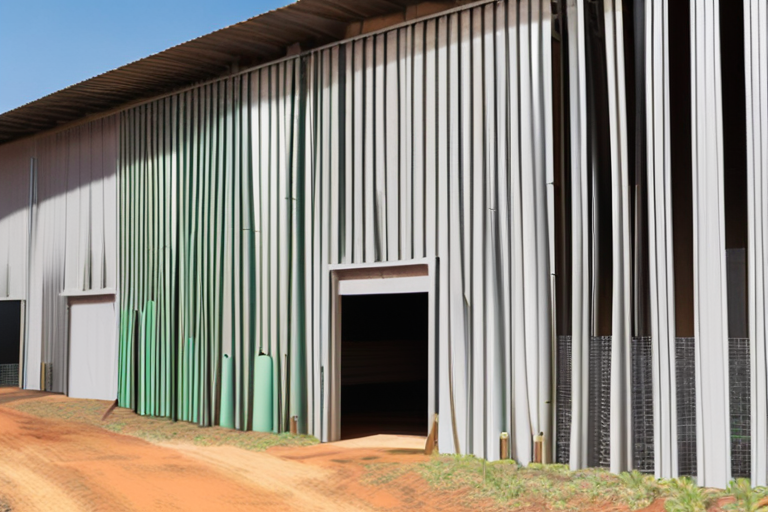
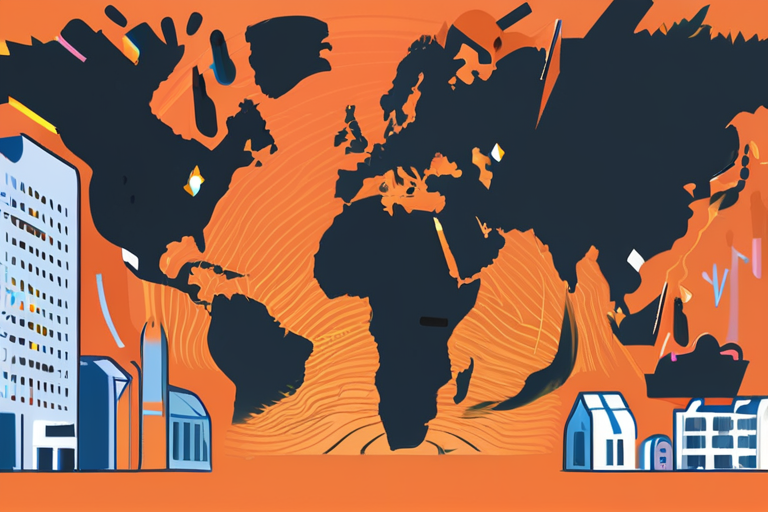
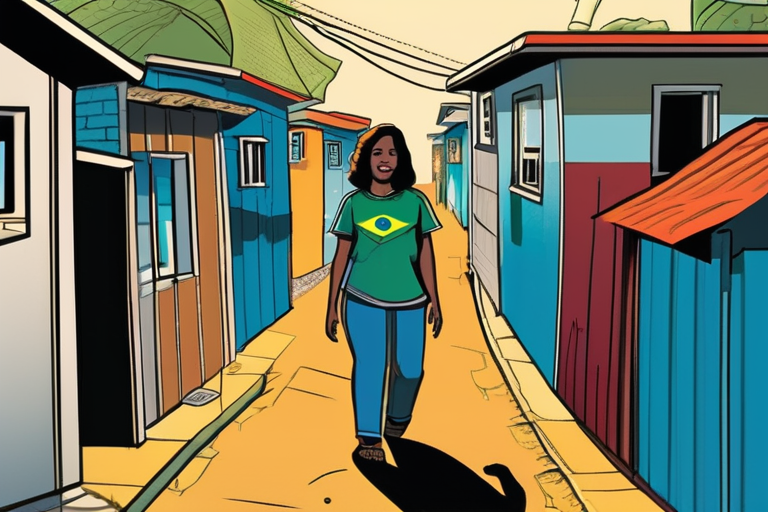

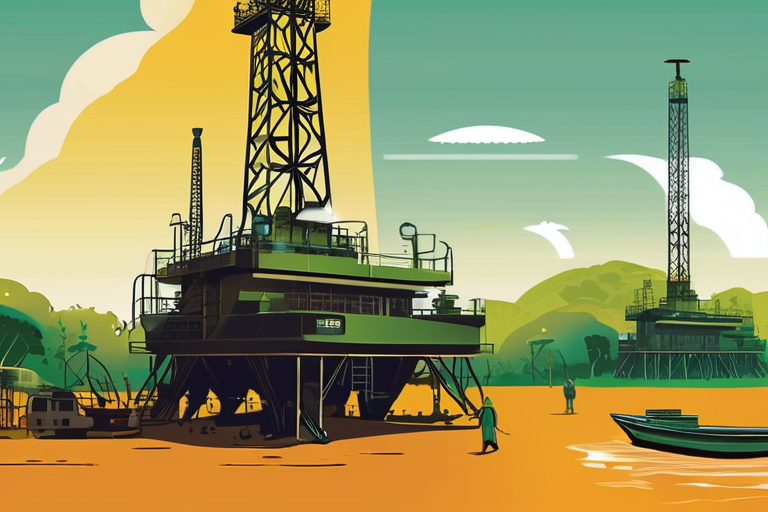

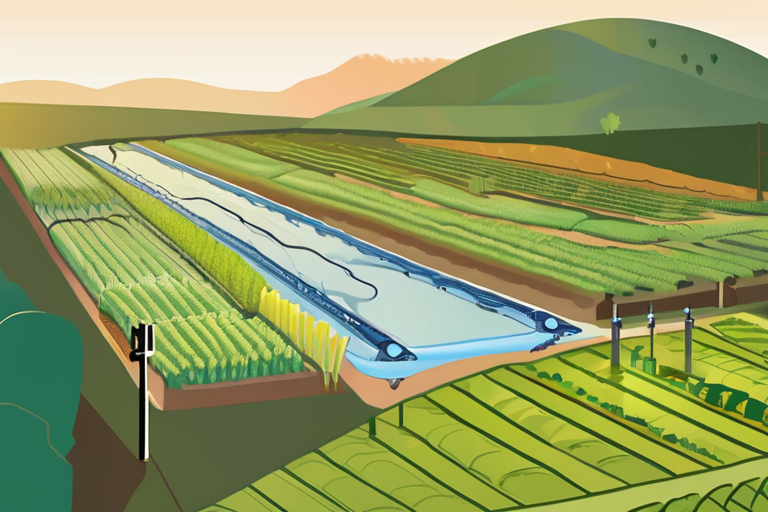

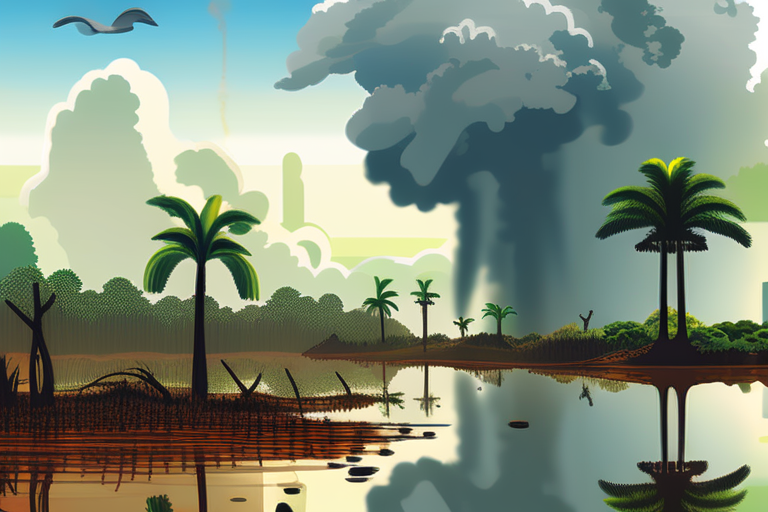
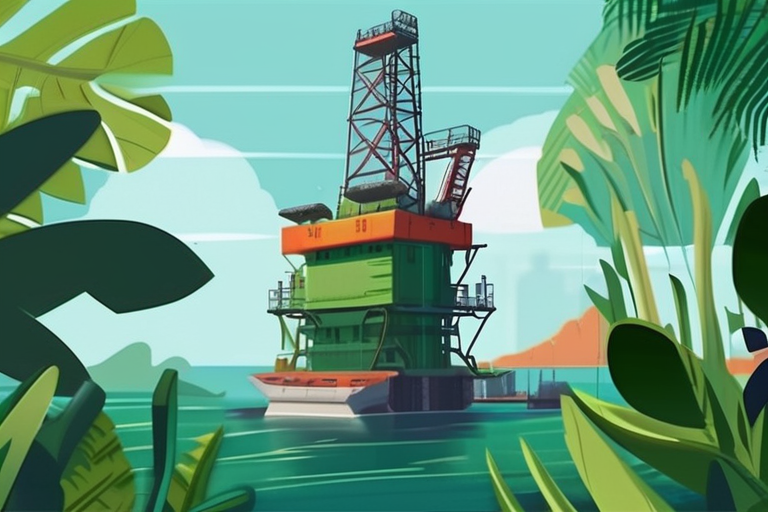

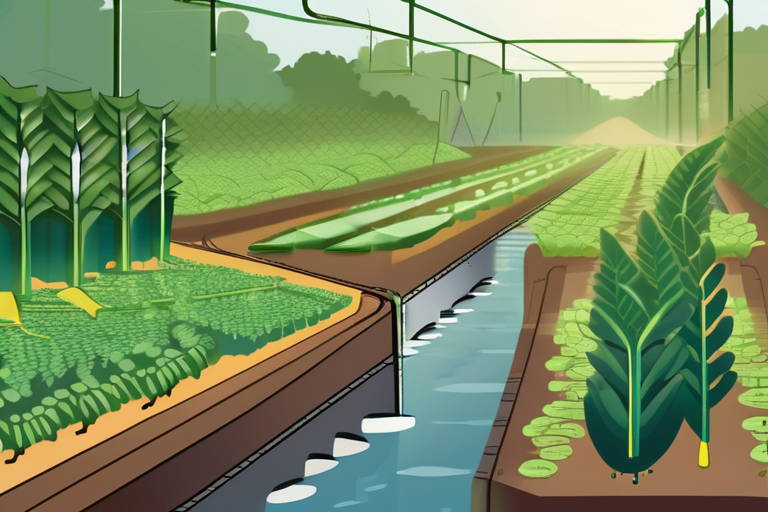



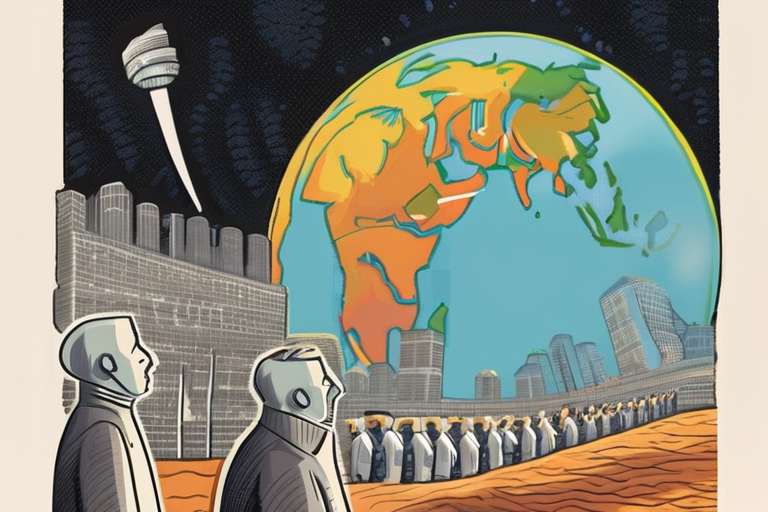
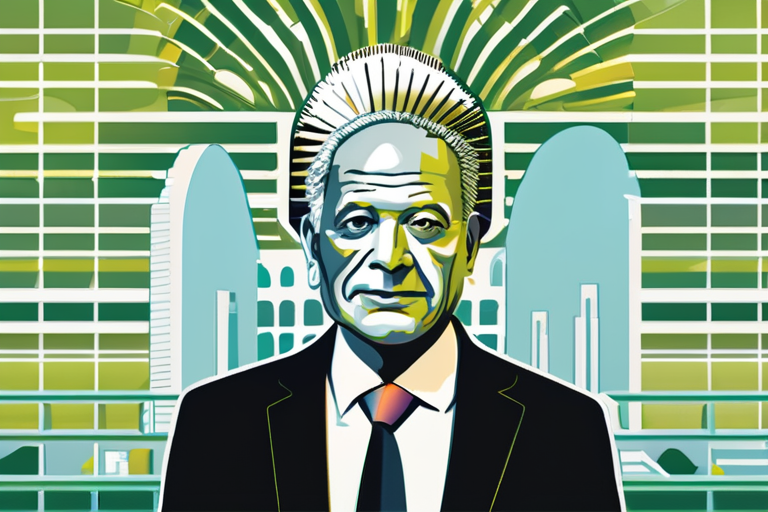
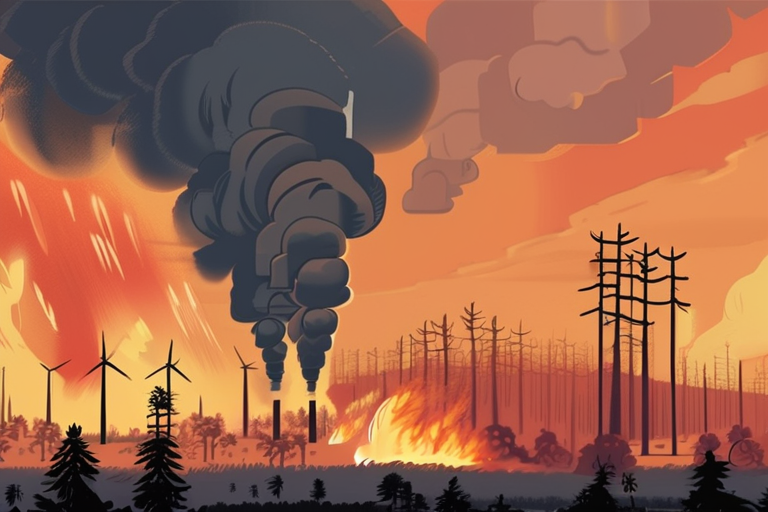




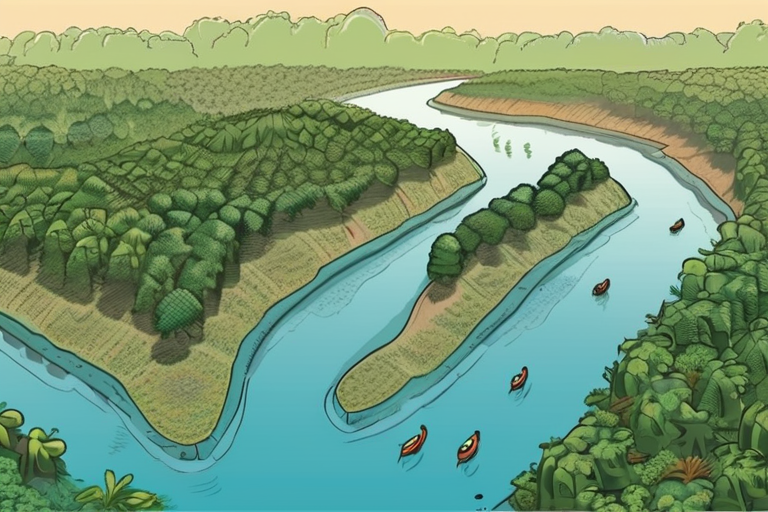
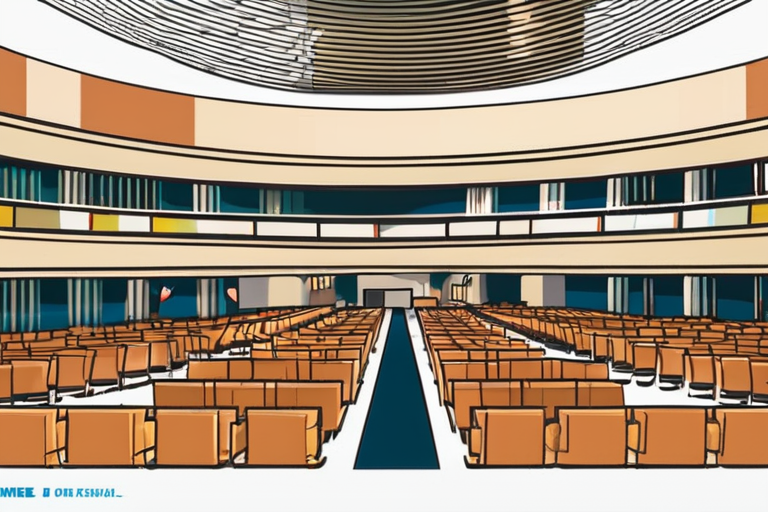
Share & Engage Share
Share this article